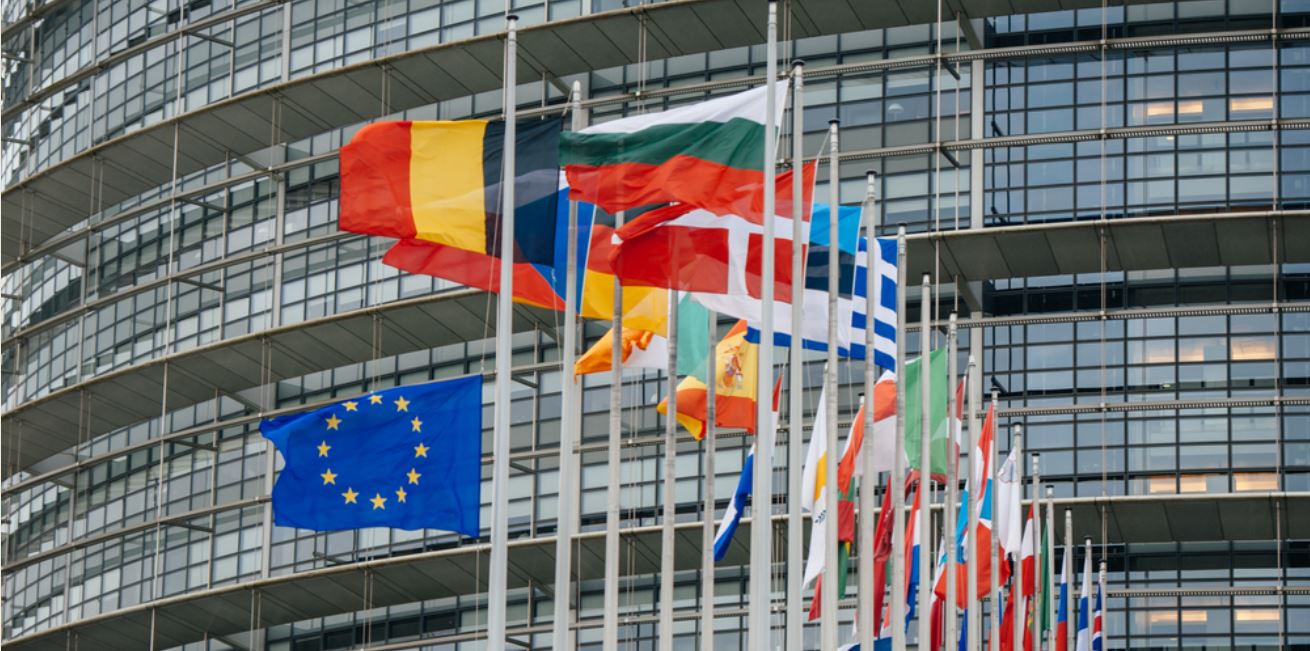The debate on the financial perspectives of the European Union (EU) is traditionally part of a complex dramaturgy, which borders on the cacophony: the proponents of more European solidarity oppose supporters of a fair return, defenders of traditional sectoral policies confront the promoters of expenses intended to prepare for the future, new member states are pitted against the old ones and the North against the South.

To shed light on the fundamental issues of this debate, it is important to remember that the EU budget is not a mere accounting tool but a means to fulfil the Union’s political objectives. In addition, the Multiannual Financial Framework (MFF) is both an instrument for preparing the medium-term future of the Union and an expression of solidarity among its members.
We must consider, in the light of the crisis experienced by the EU in recent years, from Ukraine to refugees and cyber attacks, that the Union’s intervention methods and expectations in this regard have changed. These crises are marked by “the return of politics in Europe” and a move to the “event-based” policies, which requires the EU to be more responsive and deal with unexpected situations that may arise at any time and place.
- The need for responsiveness engages the credibility of the EU on the ground through its ability to match its rhetoric and actions. This is also a crucial issue for the citizens of the Union, who expect their leaders that they ensure their personal safety and that of the space in which they live but also protect them against economic shocks and social problems caused by globalisation.
Analyses by Visegrad Insight highlight the major issue that represents the EU’s budget planning for the countries of the Visegrad Group (V4) while situating this issue in a more general analysis around the scenarios of evolution of the region by 2025.
These reports show the decisive importance of finding means to express European solidarity, on the one hand, and the attractiveness of its model for the younger generations of the V4 countries, attached to the triangle formed by new technologies, social justice and European integration, on the other hand.
Harbouring conflict
In this respect, two developments deserve special attention both in terms of the challenges they pose for the EU and the rest of the world, that is, the potential conflict they harbour between the V4 countries and the rest of Europe.
In the first place, Europe is facing a double transition: an energy transition and a digital transition, both of which bring new economic opportunities. In addition, the energy transition is widely acclaimed by public opinion in Europe, given its contribution to the protection against climate change.
These transitions also constitute an industrial challenge for Europe, which has not been well prepared and can be an interesting opportunity for the V4 countries, if they are part of the restructuring of value chains. The European economy produces only a small part of the equipment and the technology it needs to develop its renewable energy and electric cars park at levels allowing it to meet its climate goals.
In the digital domain, major European players for the Internet are yet to emerge. The absence of such development may favour US or Chinese companies. There is a significant risk that a value-added transfer will take place at the expense of European industry. As an illustration, a battery represents 40 per cent of the value of an electric car. These batteries are produced today from technologies provided by Japanese, Korean or Chinese leaders.
For V4 countries, given their industrial structure and composition of their energy mix, the energy transition should cause job losses, especially in sectors that concern fossil fuels and automotive vehicles. Added to this, is the risk of obsolescence of capital used in the respective production cycles, which could have a very significant impact in certain job pools.
- Energy transition is not only an issue in terms of reducing the level of emissions but also in terms of industrial policy and competitiveness. European funding is needed to prepare for it by investing in new activities and developing industrial sectors, and the effectiveness of the schemes needs to be rigorously evaluated.
The question of innovation and new technologies should be at the centre of efforts to mobilise the creative potential of the players in the region and enable them to contribute to the industrial transition, at the scale of the European Union. It is also essential to provide loans to support this transition, particularly in terms of vocational training and retraining, for the benefit of part of the working population.
The slowdown in economic activity in Germany could accelerate this trend through a decline in exports of V4 countries, prior to a restructuring of value chains.
Low-intensity threats
Second, strengthening the resilience of societies should constitute another area of interest for the V4 countries in the context of the multiannual budget programming of the EU. Indeed, the countries in the region have a common perception of the growing importance of non-conventional low-intensity threats to their security environment.
These threats take many forms, intimidation operations, cyberattacks, or attempted interference in politics and national electoral processes. What they have in common is that to occur without warning, and in terms of intensity are situated below the trigger threshold of NATO’s Article 5. They constitute a challenge in terms of organisation and availability for the security forces of the targeted countries, but also in terms of cooperation and training.
Moreover, since the 2015 migrant crisis, the issue of border control has become central to the V4 countries. As pointed out in the report Scenarios for cohesive growth, the level of research and development in the military field remains very low in Europe, especially in this region.
As a consequence, it seems necessary to redirect some of the EU funds in favour of R&D activities in the field of defence and to strengthen the means to protect themselves face unconventional threats, particularly in the field of cyber safety. This would contribute to strengthening the security of critical institutions and infrastructures in the countries of the region and, more generally, the resilience of the systems, in the face of attempts at destabilisation.
- The EU’s financial programming exercise will be a first test of the European Commission’s ability to assert itself as an authority capable of uniting the member states and the European Parliament around a project involving appropriate funding.
It will take the Commission out of its role as manager and escape the usual budget dramaturgy that entrenches positions and leads to conformism.
The question is crucial in light of the imperatives of a return of politics in Europe, which has renewed the expectations of citizens vis-à-vis their leaders. If the Commission appreciates these changes and demonstrates its ability to act appropriately, it will grow out of them. Otherwise, the European Commission could suffer a serious crisis of authority.
> Read the article on Visegrad Insight

Media:
Share





